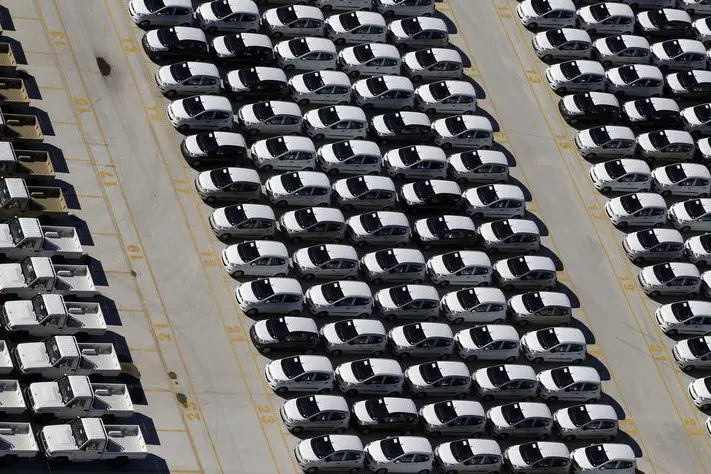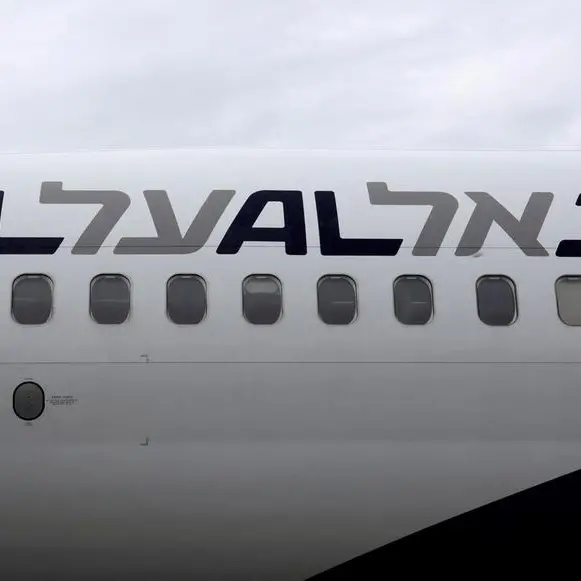PHOTO
The elimination of import tariffs on some European vehicles will not necessarily mean cheaper cars, reports Nesma Nowar.
All customs duties on cars with engines of 1,300 cc imported from Europe will be eliminated in February, sources at the Customs Authority said this week. The move is in line with the EU-Egypt Association Agreement, which promises a gradual reduction of customs on European cars.
Adel Bedeir, head of the Transportation Industry Division at the Federation of Egyptian Industries, said that customs duties levied on cars with 1,300-cc engines will be eliminated by the beginning of February as the final phase in a gradual reduction is reached.
He said the process started in 2008 with a yearly reduction of five per cent in customs duties. The move will also apply to Japanese, Korean and Chinese cars, highly popular in the Egyptian market, as long as they are manufactured in Europe.
"The Asian companies have factories in Europe, and all the cars manufactured there will benefit from the tariff reduction," Bedier told Al-Ahram Weekly.
Though the move should be good news as it means that the cost of many cars will decrease, it could nevertheless go almost unnoticed. Bedier said that the weakening value of the Egyptian pound, accompanied by import difficulties, could prevent a drop in car prices despite the tariff reduction.
Foreign manufacturers also raise their prices every year to take account of new models, he added.
Bedier said that Egypt's current lack of foreign currency is hampering car imports, creating a shortage in the market and pushing up prices. He said that car-import companies are facing difficulties in opening lines of credit at local banks because of the Central Bank of Egypt's (CBE) recent restrictions on cash deposits in US dollars.
The CBE introduced restrictions in 2015 that do not allow companies to deposit more than $10,000 a day and $50,000 a month in Egypt's banks. The regulations are aimed at eliminating Egypt's foreign currency black market.
"This is why no one has seen prices drop despite the reduction in duties," Bedier said.
The rise in the value of the dollar against the Egyptian pound caused car prices to increase by 15 to 20 per cent in 2015, compared to the preceding year.
For cars with engines of 1,600 cc and above, Bedeir said that customs reductions on such cars imported from Europe started in 2009 at a yearly decrease of four per cent. There should be no customs duties payable on the cars by 2019, he said. Tariffs currently amount to 16 per cent.
There was no four per cent reduction in 2013, so an eight per cent reduction in tariffs is planned for 2018 in order that customs duties are eliminated by 2019, in accordance with the agreement.
The EU-Egypt Association Agreement governs trade relations between Egypt and the EU and is modelled on the network of Euro-Mediterranean Partnership Agreements between the Union and its partners on the southern flank of the Mediterranean, according to the official EU website.
It incorporates free-trade arrangements for industrial goods, concessionary arrangements for trade in agricultural products, and the prospect of a greater liberalisation of trade in services and farm goods.
The agreement was signed in Luxembourg in June 2001 and entered into force in June 2004, following ratification by EU member states and Egypt.
It applies to industrial, agricultural and processed agricultural products and stipulates that Egyptian imports of products originating in EU member states shall be free of customs duties, or any other charge having equivalent effect, and free of quantitative restrictions, or any other restriction having equivalent effect, in accordance with a specific timeline.
For vehicles, all customs duties should be eliminated by 2019, according to the agreement.
© Al Ahram Weekly 2016





















